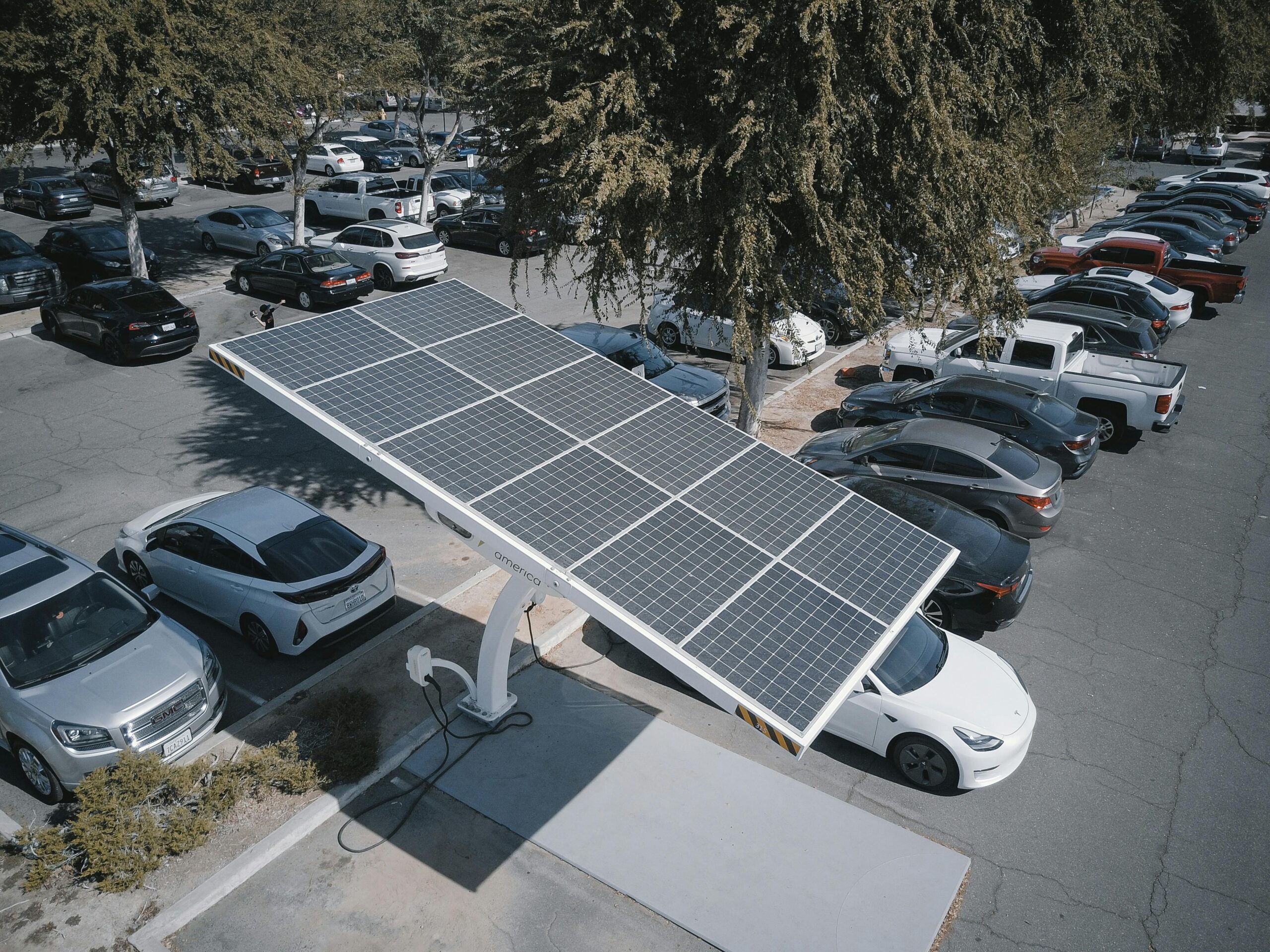In the dynamic and rapidly evolving field of sustainable transportation, solar-powered electric vehicles (solar EVs) are emerging as a transformative force, combining the unparalleled efficiency of electric power with the renewable and environmentally friendly potential of solar energy.
Emerging Trends in Solar Vehicle Technology
Recent advancements in photovoltaic (solar) technology have significantly enhanced the performance and efficiency of solar panels, which are increasingly being integrated into vehicles. These cutting-edge innovations are laying the groundwork for vehicles that can not only harness sunlight to power onboard electronics but also extend driving ranges, potentially reducing the need for frequent charging stops. As a result, there is growing optimism about a future where solar-powered vehicles can operate in a highly self-sufficient manner, relying more on solar energy than ever before.
Potential Challenges in Solar EV Deployment
While the outlook for solar EVs is undeniably promising, there are several hurdles that must be overcome to enable their widespread adoption. High production costs remain a significant challenge, as the technology and materials used in manufacturing solar panels and electric batteries can be expensive. Additionally, the efficiency of solar panels, particularly their ability to capture and convert sunlight into energy, is still relatively low compared to other renewable energy sources. Integrating these solar panels into aerodynamically efficient vehicle designs also presents engineering challenges, particularly when considering factors such as weight distribution, durability, and vehicle performance. Overcoming these barriers will require ongoing innovation, research, and development efforts from various stakeholders within the automotive and renewable energy sectors.
Collaborations Between Automakers and Solar Companies
One of the most promising aspects of solar EV development is the growing number of strategic collaborations between traditional automakers and solar technology firms. By leveraging the expertise and resources of both sectors, these partnerships are accelerating the pace of innovation and pushing the boundaries of what is possible with solar-powered vehicles. These collaborations aim to produce more viable, cost-effective, and market-ready solar EVs, paving the way for mass-market adoption. The expertise gained from both automotive engineering and solar power technologies has the potential to create vehicles that are both efficient and scalable.
The Role of Solar EVs in Reducing Carbon Footprints
One of the most compelling advantages of solar EVs is their potential to significantly reduce the carbon footprints of transportation. Unlike traditional gasoline-powered vehicles, solar EVs rely on renewable energy sources, thereby eliminating the greenhouse gas emissions associated with fossil fuel-based power generation. Harnessing solar energy to power vehicles allows for near-zero operational emissions, making solar EVs an essential component of global efforts to combat climate change, reduce air pollution, and lessen the environmental impact of human activity.
Comparative Analysis with Traditional EVs
When compared with traditional electric vehicles, solar EVs offer the distinct advantage of reduced reliance on grid infrastructure for charging. In theory, solar EVs could be charged independently through their built-in solar panels, which could reduce the overall need for access to charging stations, especially in remote areas. However, despite this advantage, solar EVs still face stiff competition from traditional electric vehicles in terms of range and market readiness. Traditional EV technologies, such as those employed by popular manufacturers like Tesla, are more mature, and their infrastructure for charging and maintenance is well-established. As solar EV technology matures, this gap is expected to narrow, but for now, the traditional EV market remains the dominant force.
The Impact of Weather on Solar Energy Efficiency
One of the key challenges that solar EVs face is the variability in solar energy production due to changing weather conditions. The efficiency of solar panels is heavily dependent on sunlight, which can fluctuate significantly depending on geographic location and weather patterns. Solar panel output can drop substantially on overcast or rainy days, presenting a challenge to the consistent performance of solar EVs. To mitigate this issue, advancements in battery storage and energy management systems will be crucial. By developing more efficient and durable battery systems, solar EVs can store surplus energy on sunny days and use it during cloudy or overcast periods, ensuring a more reliable and stable driving experience.
Economic Implications for the Automotive Industry
The widespread adoption of solar-powered vehicles could disrupt the automotive industry in several ways, potentially leading to changes in manufacturing processes, supply chains, and vehicle pricing structures. As solar EV technology continues to mature, it is expected to drive down production costs, which will lead to more affordable vehicles. Additionally, the shift toward solar EVs could encourage greater investment in renewable energy infrastructure, further accelerating the transition to a low-carbon economy. Over time, the economic benefits of solar-powered transportation could mirror those seen in the broader renewable energy sector, including job creation, reduced fuel costs, and a decrease in dependence on oil imports.
Long-Term Sustainability of Solar-Powered Vehicles
The long-term sustainability of solar-powered vehicles depends on continued technological advancements in both solar and battery technologies. As these fields evolve, solar EVs have the potential to become a viable and long-term solution for sustainable transportation. Improvements in solar panel efficiency, coupled with advancements in energy storage and management systems, will be key to ensuring the continued success of solar EVs. In the future, solar-powered vehicles could play an integral role in the broader transition to sustainable transportation solutions, contributing to cleaner air, reduced carbon emissions, and a more sustainable global economy.
The Influence of Solar-Tech Research on Vehicle Design
Research into solar technologies is significantly influencing vehicle design, pushing the automotive industry to adopt more innovative and sustainable approaches to vehicle construction. Engineers are increasingly focused on designing vehicles that are not only more aerodynamically efficient but also lighter and more energy-efficient. These advancements in materials and design are enhancing the overall efficiency of solar-powered vehicles, improving both their solar energy capture and their performance on the road. As solar technologies continue to evolve, the integration of cutting-edge solar features into vehicle design will become increasingly important in driving forward the success of solar EVs.
Public Acceptance and Trust in Solar Vehicle Technology
For solar-powered vehicles to truly thrive in the market, they will need to gain widespread public acceptance and trust. This will require educating consumers about the benefits of solar EVs and showcasing demonstrable improvements in their performance, reliability, and affordability. As more people become aware of the environmental advantages and practical benefits of solar-powered vehicles, consumer acceptance is likely to grow. Furthermore, as the technology proves itself in real-world conditions, solar EVs are expected to gain greater market adoption and become an integral part of everyday transportation solutions for many people around the world.

